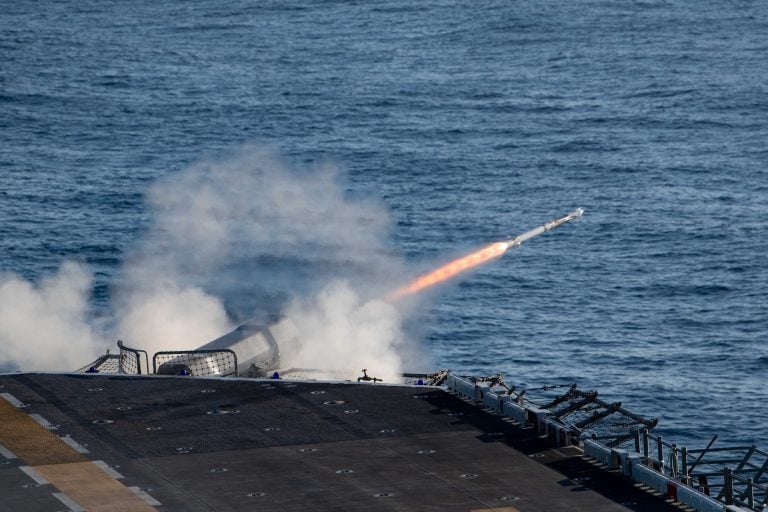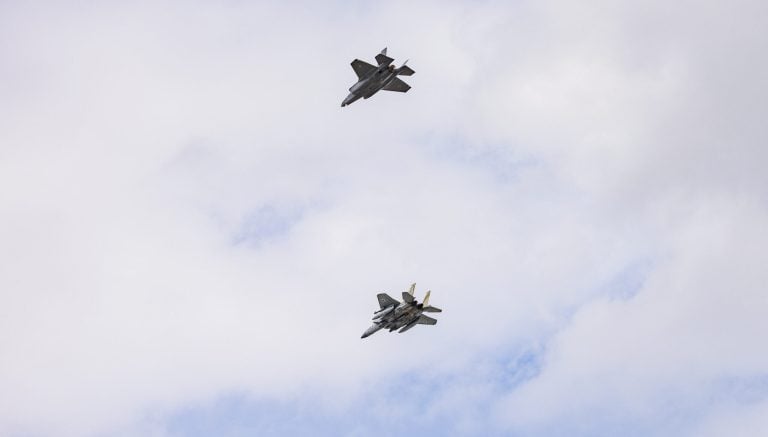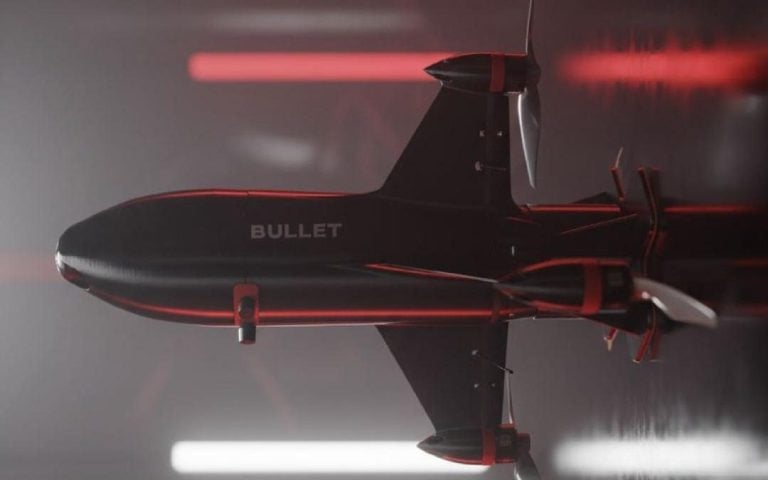The German government is taking significant steps to enhance its military capabilities by planning the procurement of 12,000 one-way attack drones. These drones are intended to arm a newly established mechanized brigade that is stationed in Lithuania, as part of the nation’s ongoing commitment to strengthen its defense posture in the region.
To facilitate this ambitious project, a budget allocation of 150 million euros (approximately 173 million dollars) has been proposed for the acquisition of the drones from three German domestic manufacturers. The completion of contracts for this procurement is anticipated by 2025, allowing for deliveries to commence in 2026, followed by necessary training sessions to ensure operational readiness by 2027.
According to the parliamentary budget committee’s recommendation, a timely conclusion of contracts is essential for achieving full functionality of the brigade. Two of the contracted firms, Helsing and Stark Defense, have already begun testing their drone systems, while Rheinmetall, the third partner, is also preparing for its role in the project.
In a related report from the Financial Times, it was disclosed that each company is set to receive 300 million euros ($346 million) for phased deliveries, with the first phase focusing on the initial delivery of 10,000 drones. Helsing is expected to produce half of the total order, while Stark will deliver a slightly larger portion of the remainder, utilizing its advanced Virtus drone technology.
The competitive pricing of Helsing’s HX-2 drone has contributed to its leading share of the contract, while Rheinmetall’s recently introduced FV-104 represents the premium option in the lineup. Both firms have ramped up their drone production capabilities in recent months in anticipation of this pivotal contract.
Notably, the procurement strategy also emphasizes innovative delivery methods. A substantial portion of the drones will not be delivered directly to troops; instead, they will remain with the manufacturers for ongoing software and hardware enhancements, keeping the systems current and effective. This strategy reflects lessons learned from the ongoing conflict in Ukraine, where rapid innovation cycles have made traditional warehousing methods obsolete.
By distributing the contracts among three domestic firms, the German government aims to reduce program risk significantly. The approach ensures that at least one of the systems will maintain relevance and viability in the ever-evolving landscape of military technology. Additionally, partnering with local firms reinforces Germany’s technological sovereignty.
The semi-autonomous drone systems are designed for an operational range of approximately 100 kilometers (62 miles), leveraging artificial intelligence to assist in navigation and target acquisition, while retaining human oversight in critical decision-making processes. This initiative marks a pivotal moment in Germany’s military development and capability enhancement as it seeks to modernize its forces in alignment with current geopolitical realities.







